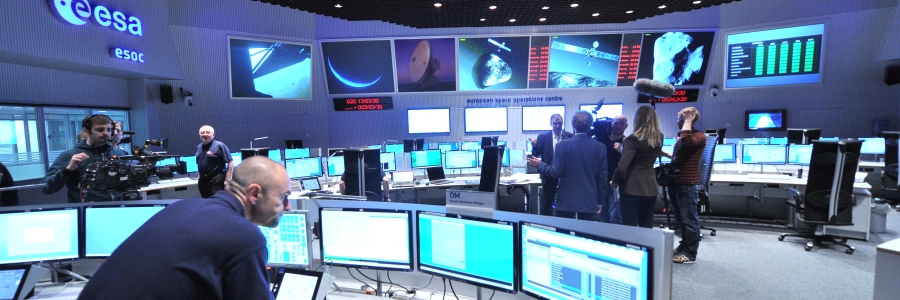Defence Diplomacy in the Cold War: The Experiences of British Military Attachés in Egypt, 1968-1973
Geraint Hughes The terms ‘defence diplomacy’ and ‘defence engagement’ are used to describe some of the aspects of military activity that fall outside the direct use of force. These can include multinational exercises, the diplomatic liaison work of military attachés posted at embassies, port visits by naval vessels, the provision of training teams and loan… Read More Defence Diplomacy in the Cold War: The Experiences of British Military Attachés in Egypt, 1968-1973









